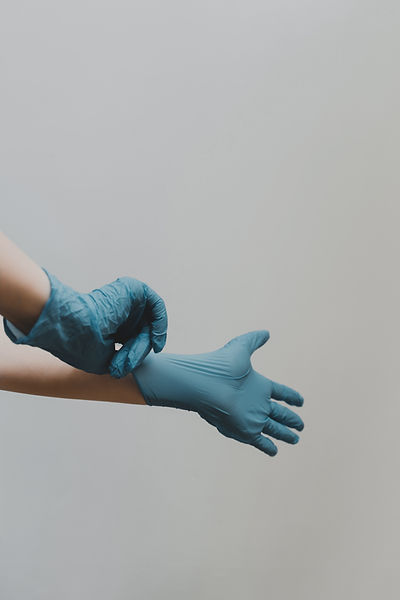WELCOME TO CLINICAL OPERATIONS

What is Clinical Volunteering?
Clinical volunteering is great way for pre-med and pre-health students to gain field experience. Volunteering may consist of tasks such as calling in patients, filling papers, or cleaning rooms, which allows medical professionals to focus on taking care of their patients. In time, volunteers can learn and grow substantially as they are being active members within the medical industry. Furthermore, there are specific types of opportunities one can apply for:
-
Shadowing: Observe a physician’s interaction with patients. Ask questions about cases.
-
Hospice: Attending to the emotional needs of terminally-ill patients through direct patient interaction.
-
Volunteer EMT: For EMT students to begin hands-on experience of the profession.
-
Scribe: Assist physicians by recording patient histories. Observe doctor to patient interactions.
-
Caretaker: Attending to the emotional and daily needs of patients through direct patient interaction.
-
*NEW* E-shadowing: Physicians will discuss their profession, their patient cases, and answer questions on an online presentation platform; students can earn service hours by viewing and taking quizzes.
Why Participate?
Clinical volunteering grants valuable experience to aspiring healthcare professionals. To medical schools, nursing schools, and a variety of other health institutions, students who strive to learn beyond the classroom display stronger commitment and interest in the medical field. Thus, having a consistent history of clinical volunteering grants a competitive edge during college applications.

Interpersonal Skills.
Clinical experience will test and grow your interpersonal skills in a setting that matters to future healthcare professionals. Learn how to communicate with nurses, doctors, and other staff members as well as patients.
Behavior.
Physicians and other healthcare professionals must be able to impart complex information onto patients in physical and emotional distress. Learning medical diction, proper behavior, and how to be emotionally supportive are valuable skills in the healthcare industry.
Networking.
Meet doctors and other volunteers who could open up opportunities for you. Being active in clinical settings allows students to network and build valuable relationships. This can lead to important turning points in one’s career; stable incomes, dream-jobs, and gaining important connections are all possibilities when it comes to networking.
Know Yourself.
The experience gained from clinical experience serves to make students more knowledgeable about what goes on behind the scenes of healthcare. In time, a student can expect to affirm their overall decision in pursuing a career in this field.
.png)


